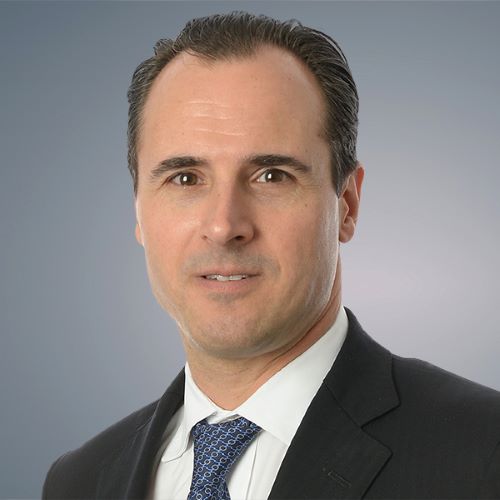
The Supreme Court said Monday that it will review a case involving the constitutionality of Chapter 11 bankruptcy fees.
The case, which stems from a 2017 law that hiked the government fees that most large companies in bankruptcy must pay, has met mixed rulings from appellate courts. Last week, the U.S. trustee, the Department of Justice’s bankruptcy watchdog asked the court to address the issue.
“What this case underscores for me is that, however the court rules, bankruptcy cases for senior housing operators are expensive,” George Mesires, co-leader of Faegre Drinker’s Senior Living & Care team, told the McKnight’s Business Daily. “Quarterly trustee payments are just the tip of the iceberg, so whether such fees are capped at $30,000 as they were before the Bankruptcy Judgeship Act of 2017, or at $250,000 as currently formulated, the burden of administrative expenses is heavy.”
The law’s imposition of higher fees in most, but not all, U.S. bankruptcy courts has caused uncertainty about the legal status of around $324 million in fees imposed under the 2017 law, the U.S. trustee wrote in court records.
The underlying lawsuit was brought by Alfred Siegel, the trustee who oversaw Circuit City’s liquidation process. “He argued that the 2017 law violated the U.S. Constitution’s bankruptcy clause, which requires bankruptcy laws to be uniform, because it hiked fees for Chapter 11 debtors in most states but failed to do the same for Alabama and North Carolina,” Reuters reported.
North Carolina and Alabama opted in 1986 to use a different government entity, known as the Bankruptcy Administrator program, to perform similar duties as the U.S. trustee in large corporate bankruptcies.
Both the U.S. trustee and Siegel want the Supreme Court to make a definitive ruling after the 4th and 5th Circuit Courts of Appeal have upheld the law, whereas the 2nd and 10th Circuit Courts of Appeal have deemed it unconstitutional.
“As an industry, senior housing operational expenses run high, so these quarterly fees, which are based on disbursements, will also run on the high side,” Mesires said. “It’s not difficult to see why bankruptcy should be an option of last resort for senior housing operators when there are effective out-of-court tools to sometimes accomplish the same goal.”




